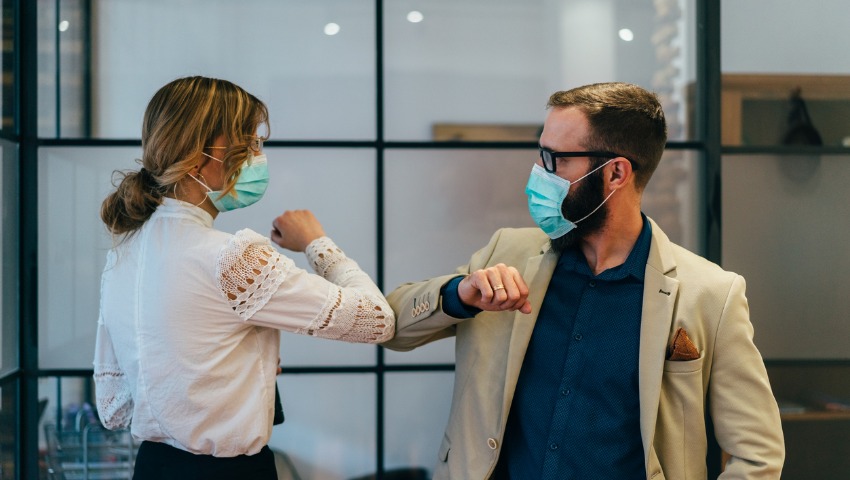Editor’s Note: This is part of a series reporting on FICP Chats about the future of meetings. You can read accompanying reports here and here.
Attendee and employee comfort with risk will vary widely, as will the regulations for meetings in every destination and the sanitation protocols in each venue. The situation relative to COVID-19, while temporary, will also continue to evolve. What this means, as discussed by more than 330 participants in last week’s Financial & Insurance Professionals (FICP) Chats, is that meetings professionals cannot solve for every potential scenario right now, and should not feel the undue stress associated with attempting to do so.
More: How to Support the Mental Health of Event Planners
In the second in FICP’s new virtual education series, focusing on operations and logistics in future meetings, participants discussed the importance of collaborating with experienced partners when seeking to provide a high-quality event experience. Those partners have or will be developing protocols and playbooks for events to help ensure guests and employees are safe, and therefore comfortable attending or working an event. Communities like those within FICP are coming together to share these preliminary ideas and should recognize those plans will need to change to incorporate lessons learned with each event.
Reworking Agendas
Participants discussed options for meeting agendas that will help ensure fewer people gather in the same place at the same time. Ideas included staggered breaks, hosting meals in multiple locations simultaneously, and scheduling several different times for meals such as breakfast. It was believed that the latter could also increase attendee satisfaction, as there are attendees who do not enjoy early breakfast times. For events where multiple rooms are used for a meal, speakers could be live-streamed across the venue.
Groups within Groups
For those staggered groups, it was discussed that attendees and meetings teams should have an easy way to identify groups within the larger group to enforce the schedules or staggered activities. Colored lanyards, badges and other visual cues would not only help attendees better understand how to follow rules, but enable meetings professionals to correct those who were not with their group. It was even suggested that name badges could be put on masks to help increase the safety of interactions between event attendees.
The Registration Experience
A supply kit that attendees pick up at registration with gloves, sanitizers, paper and pen was suggested by participants as a way to help ensure each attendee was equipped with the tools to reduce the spread of their own germs. Combined with these kits, participants suggested a shift to event apps to reduce the number of items an attendee would need to pick up and potentially leave behind during an event. Those apps could be used for both providing crucial event details and housing notes traditional captured with pen and paper.
In the registration area, meetings professionals should also have medical staff to help test or assess attendees as they arrive, and find ways to reduce the number of people who converge in that area at once. Events where health or temperature checks are standards also need documented policies about next steps for attendees who test positive for the virus.
Food and Beverage
For facilities that allow buffet options, participants discussed that single-serving foods with covers, like yogurts or bento boxes, would be good options for attendee meals that would help reduce the risk of disease transmission while also providing a greater variety of meal choices. The bento box concept could also be applied to meals delivered to rooms and used for meals where group seating is distanced but together.
See also: Is This the End of F&B as We Know It?
“New Normal” Networking
The traditional cocktail reception may need to be revisited for the short-term, according to participants. Alternatives could include paired networking where attendees could connect in different areas of a location or resort one-on-one, or take to their own balconies or lanais for a cocktail—all at the same time.
Managing Liability
While there are some people who will be reluctant to leave their houses for an in-person event for many months, there will be others who are eager to resume normal activities and willing to assume the risks associated with that decision. It was suggested by participants that companies/event hosts could leverage waivers to help reduce the legal liability associated with hosting events before a COVID-19 vaccine has been developed.
Jennifer Squeglia, CMP, is a member of FICP Board of Directors. In the next FICP Chats, our community will focus on virtual meetings. Learn more about upcoming FICP Chats, part of FICP Anytime.




